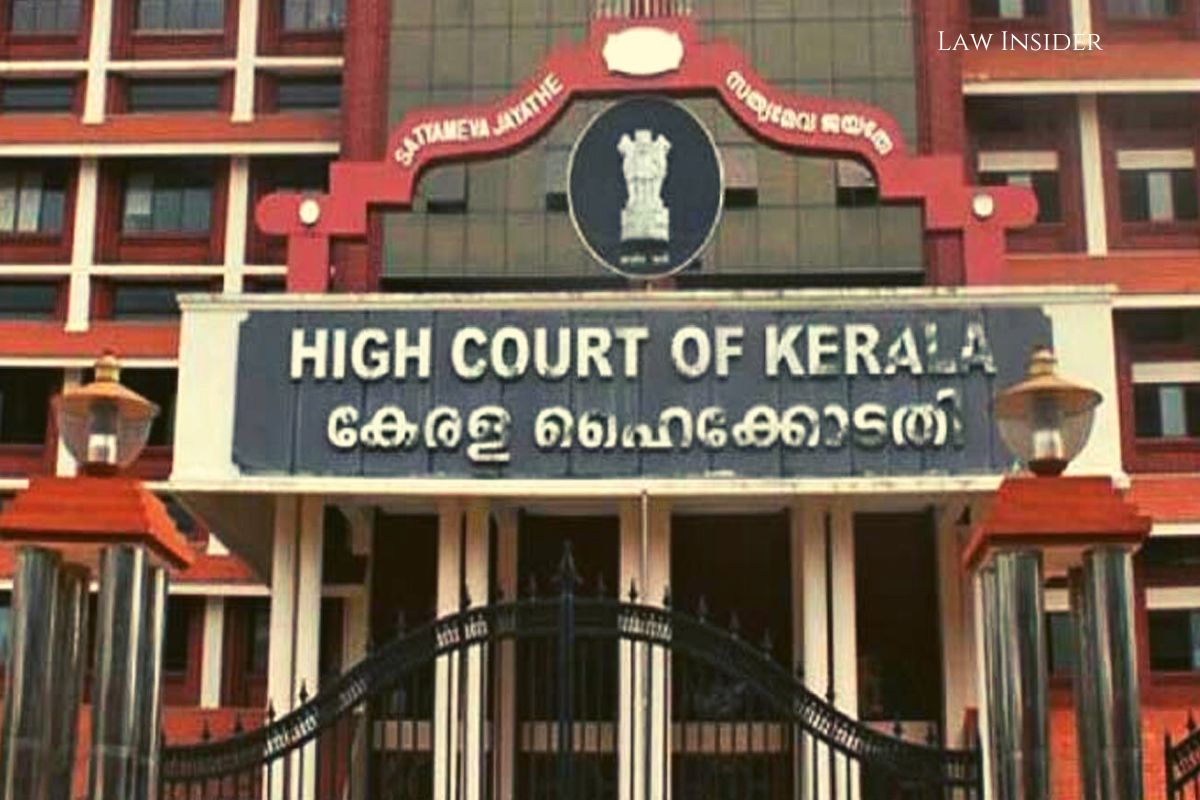LI Network
Published on: December 07, 2023 at 11:30 IST
The Kerala High Court, in response to a suo motu cognizance of the extensive backlog of minor cases in the state, addressed the issue of pending petty cases before Magistrates.
The court, comprising Dr. Justice AK Jayasankaran Nambiar and Dr. Justice Kauser Edappagath, highlighted that 1.59 lakh petty cases were currently awaiting resolution.
The court underscored that Magistrates, particularly in summons cases, possess the authority under Section 258 of the Criminal Procedure Code (CrPC) to cease proceedings if the accused’s presence cannot be secured despite exhaustive efforts by the prosecution.
The Bench clarified that Section 258 of the CrPC empowers Magistrates to halt proceedings at any stage, post the issuance of summons and prior to the trial’s completion.
It emphasized that the Magistrate could intervene when convinced that the accused’s presence couldn’t be ensured in court, either due to incorrect or fake addresses or other valid reasons, even after the prosecution’s sincere efforts.
The court asserted, “Not only is the power vested in the Magistrate sufficiently wide in its nature and scope, but also in cases where the presence of the accused cannot be secured notwithstanding the earnest and sincere efforts of the Prosecutor, the Magistrate is duty-bound to exercise his/her power to stop the proceedings. The Magistrate must record reasons before stopping the proceedings and releasing the accused.”
Additionally, the court clarified that Section 258 of the CrPC could not be invoked by the Magistrate when the accused intentionally evades service of summons or absconds following summons issuance.
The suo motu case arose from an Administrative Committee resolution on August 22, 2023, addressing the case backlog. The court observed that prior judgments restricting the use of Section 258, stating that it can only be invoked in specific circumstances (like technical defects or failure in prosecution), were not valid.
Analyzing the expansive powers granted to Magistrates under Section 258 of the CrPC, the court noted that the provision’s wording allowed its application in various circumstances.
It cautioned that Magistrates should judiciously exercise this authority only in appropriate cases to prevent the misuse of the legal process.
The court highlighted that the legislature’s intent in outlining procedures for minor offenses was to facilitate prompt case disposal, alleviate congestion in Magistrate Courts, and conserve public time and money.
Consequently, the court established guidelines for Magistrates to consider when contemplating the cessation of proceedings under Section 258 CrPC.
It specified that the Magistrate can order a stoppage if, in the case of petty offenses, the prosecution report indicates sufficient steps were taken to secure the accused’s presence or if the costs outweigh the prescribed maximum fine.
Similarly, in non-petty summon cases, the Magistrate can halt proceedings based on the prosecution report’s satisfaction regarding efforts made and the associated costs.
Case Title: Suo Moto High Court of Kerala v. State of Kerala and Anr.

